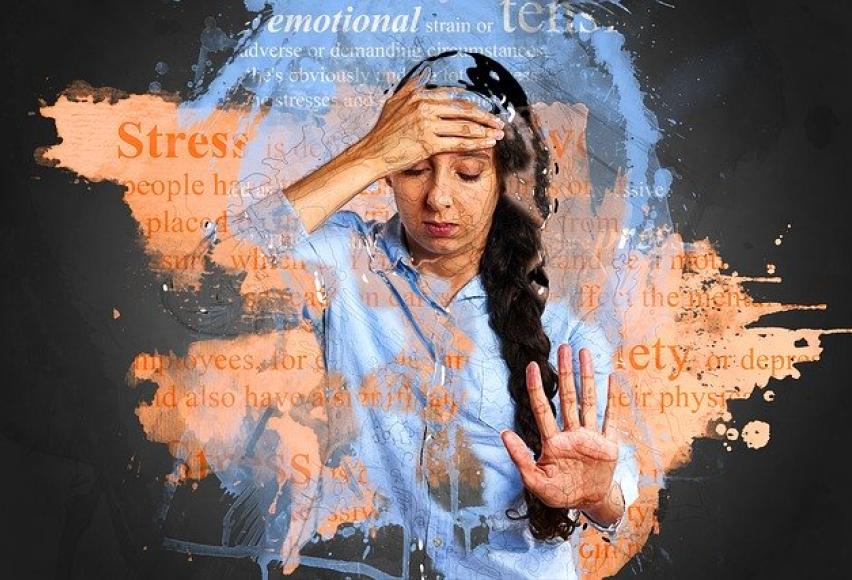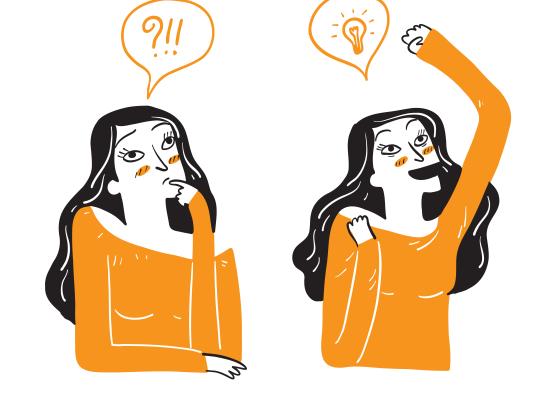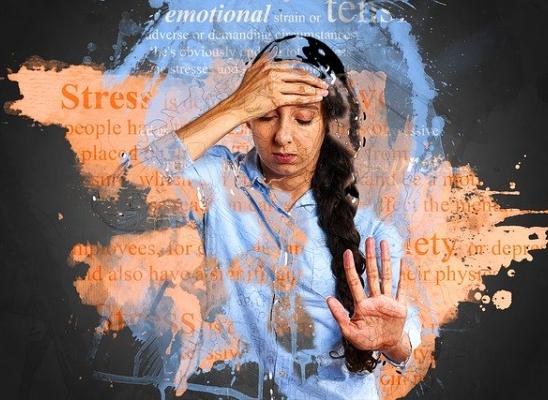COVID 19, Picking, and Anxiety

Online test
Find out the severity of your symptoms with this free online test

The coronavirus lockdowns inspire cabin fever for those stuck at home as well as higher levels of stress and anxiety not only about the virus itself but also about what happens next.
Anxiety pandemic
Everyone is talking about the coronavirus pandemic, but few are considering the effects of the accompanying anxiety pandemic. People with body-focused repetitive behaviors tend to have higher levels of anxiety than the general population. In addition, BFRBs like skin picking contributes to anxiety about the behaviors as well. Then add the uncertainty and fear associated with COVID-19 to create a maelstrom of anxiety.
How you deal with it matters. Emotional regulation is a fundamental skill learned in many therapy settings, including for BFRBs. Strong emotions can lead to increased picking behaviors either to deal with the stress or as an unconscious response to stress. Therefore, attending to yourself through increased self-care is very important.
Tips for managing anxiety and picking behaviors
- Educate yourself. The latest information including guidelines and health recommendations are available at Coronavirus.gov and from WHO or through WhatsApp by texting “hi” to +41 79893 1892
- Join the SkinPick.com free online webinar that will address how to cope with additional emotional stress while keeping picking under control.
- Limit your time with media and social media. Flooding yourself with bad news and conflicting information will only increase your anxiety.
- Pay attention to your health, diet, and exercise. With routines disrupted around the world, make time to keep your diet healthy and exercise as part of your day.
- Reduce your expectations and activity levels. It can be tempting to keep your life at the same pace it was before COVID-19, but that was already stressful. Now there’s added stress because of the virus, the lockdowns, and everything that goes with it. Therefore, reduce your expectations and activities to reflect the change in stress levels.
- Use free resources for destressing. Several paid meditation apps are offering their paid products free for the duration of this crisis. Check out Calm, Headspace, and Sanvello
- Stay busy. Many companies are offering free streaming services to help people out. Consumer Reports has a comprehensive list.
- Learn something new. Education platforms are also offering free courses such as EdX, Khan Academy, and Coursera which just started a free course from Yale on the science of well-being.
- Maintain social support. Technology makes connecting with people via phone, text, chat, or video super easy, so make time every day to touch base with your loved ones. BFRB support groups can be helpful as well. The TLC Foundation has a comprehensive list of online or tech-based groups as well as tips for starting your own.
Don’t let this virus disrupt your progress. There is hope not only for the world but for getting through stay-at-home orders. You can do this!
Online test
Find out the severity of your symptoms with this free online test
Start your journey with SkinPick
Take control of your life and find freedom from skin picking through professional therapy and evidence-based behavioral techniques.
Start Now



